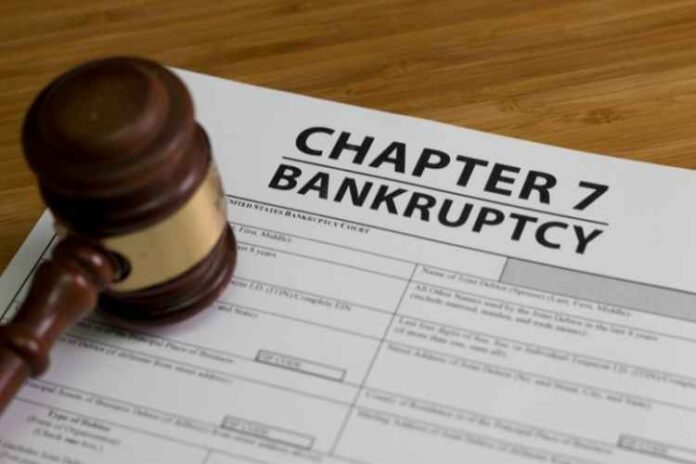Chapter 7 bankruptcy is an effective solution that relieves you from a lot of your debts such as credit card debt, personal loans, medical bills, and car loans. Filing for this type of bankruptcy can be your best option if debts are more than what you can payback. An experienced Chapter 7 bankruptcy lawyer can help you determine whether or not it is the right option for you.
How Does Chapter 7 Bankruptcy Work?
When you file for Chapter 7 bankruptcy, you must fill out some forms about your income, possessions, expenses, and debts and submit them to a bankruptcy court. Also, you need to submit copies of your recent tax returns and pay stubs. A court will assign a bankruptcy trustee to review your documents and forms. Also, the trustee will hold a meeting of creditors where you will be asked about your financial situation. A few months later, you will hear from the court about their decision whether or not to grant you a bankruptcy discharge.
What Debts a Chapter 7 Bankruptcy Can and Cannot Eliminate?
By filing for Chapter 7 bankruptcy, your debts such as credit card debt, car loan deficiencies, medical bills, personal loans, and utility bills can be discharged. After your filing, an automatic stay immediately takes into effect. This stops your creditors from harassing you or collecting on your debts. Meanwhile, the filing won’t erase debts such as alimony and child support, student loans, and recent tax debts.
If you have secured debts, which are connected to a certain property, and you don’t want to lose this property, you should continue to pay on the debt. Secured debts include mortgages and car loans. Before you file for bankruptcy, ensure you are current on your debt payments. But, if you do not want to keep the property, Chapter 7 bankruptcy can eliminate the secured debt.
Who Can File for Chapter 7 Bankruptcy?
The majority of those who earn below their state’s median income can file for Chapter 7 bankruptcy. According to bankruptcy laws, these people pass the means test, which considers a person’s average income per month over the last 6 months. Those who do not qualify for Chapter 7 can file for Chapter 13 bankruptcy. Those who have at least $10, 000 of dischargeable debt, with a below 600 credit score, do not own expensive property, cannot keep up with payments, and are worried about facing a lawsuit for not paying their debt should consider filing a Chapter 7 bankruptcy now.








